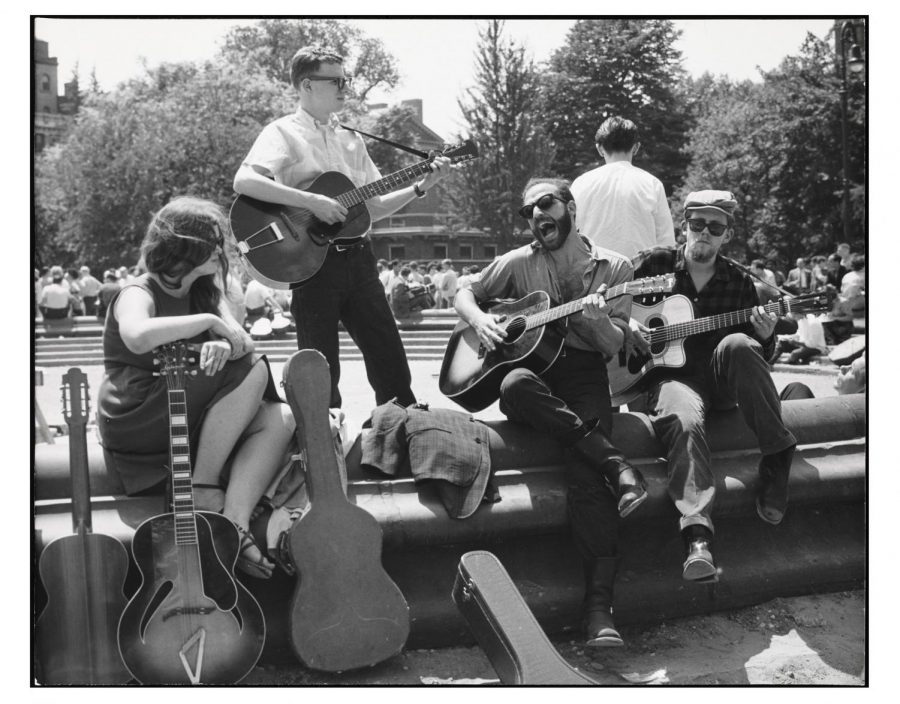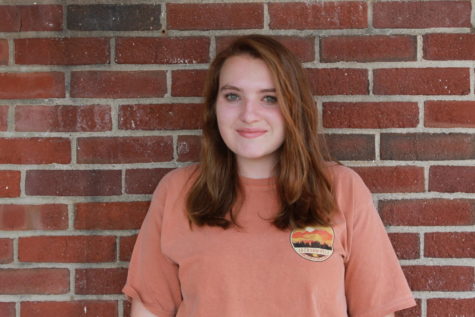Folk and protest: The common ancestors of your favorite pop song
June 8, 2021
We all love music, but have you ever wondered why? Throughout time, music has made us feel an array of emotions. It’s given us an escape or some kind of emotional connection, an essential belonging, perhaps some nostalgia. Simply, we relate to it. This dates back to early themes of folk music, which prevail today.
Folk dates back to the 19th century, but remains timeless today. Ponder it for a second, folk music was created by the working lower-middle class to express their struggles of everyday life. Now think of your favorite modern music and consider what’s being sung about. Heartbreak? A lost friendship? An overwhelmed narrator? All are common everyday struggles. As a teenager listening to a lot of older music but who is exposed to today’s latest radio hits, I see similar themes. Before Olivia Rodrigo’s heartbreak in “Drivers License,” Bruce Springsteen prepared to drive all night just to buy his lost love a pair of shoes in “Drive All Night.” The themes align, but releases in 2021 and 1980 don’t.
Folk is synonymous with protest music. Everybody wants change. Recently, we’ve seen people in the streets, advocating for justice and equality. Music is a staple at protests or rallies. Kendrick Lamar’s 2015 release, “Alright” resurfaced during the Black Lives Matter movement following George Floyd’s murder in May 2020. Decades prior, Bob Dylan performed “Hurricane” everywhere from concert halls to coffeehouses, which he wrote about boxer, Rubin Carter, who was wrongly convicted of murder. Not only is protest music catchy, but it inspires us to educate ourselves on current events. This is only one example of the relevance of folk and protest in the modern world.
New York Times journalist, Edward Rothstein, states “folk music, fading in original intensity, has also entered an afterlife as a repertory art”. While today we don’t use music for protest as we once did, it is still relevant. Not every artist writes to protest; they can use their platform to their advantage and advocate. David Bowie, more notably a glam rock icon than a protest song composer, used his platform to point out broadcasting channels lacked music from black artists. In an 1983 interview with MTV’s Mark Goodman, Bowie challenged, “I’m just floored that by the fact that there’s so few black artists featured on it [MTV]. Why is that?”
Acknowledge the correlations. Listen to one of the comparisons mentioned. Think about what both artists are conveying. Consider how times have changed, but human desire hasn’t. Desire for change, for love, for belonging. Maybe your taste won’t become altered, but try noting relevance and perspective. Understand the humanity that inspires songs new and old.




